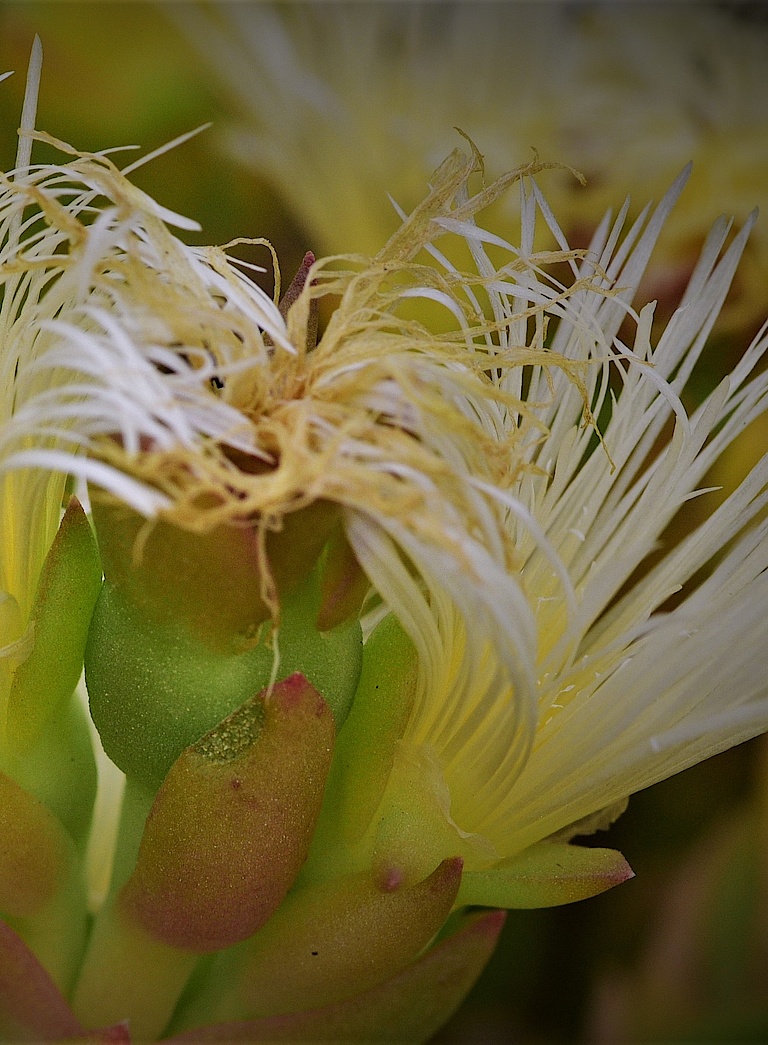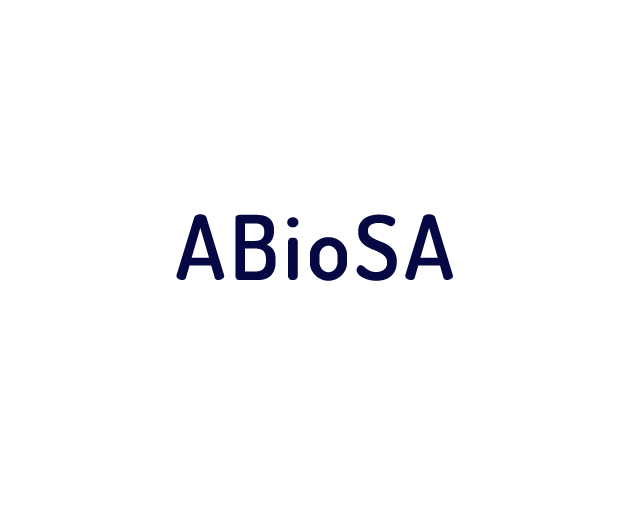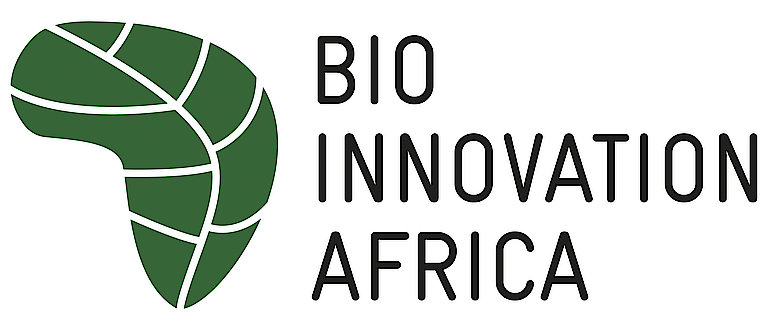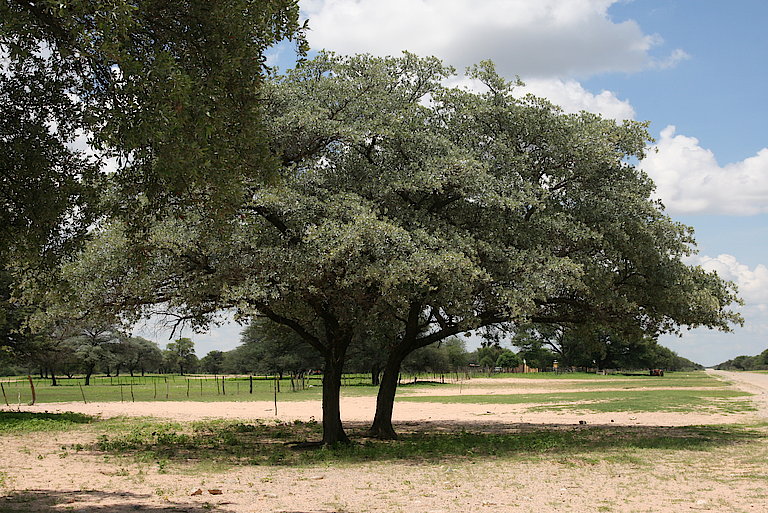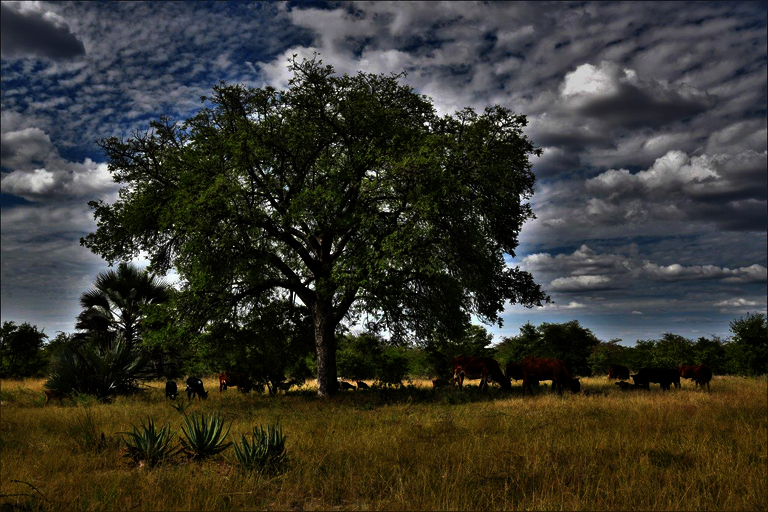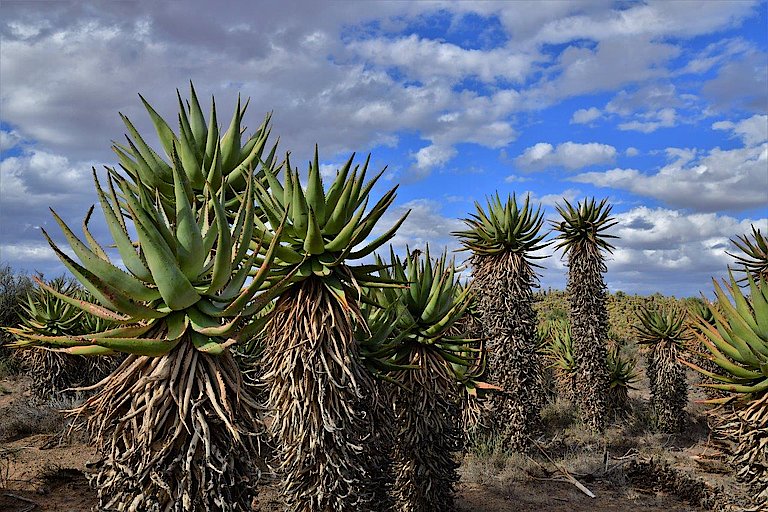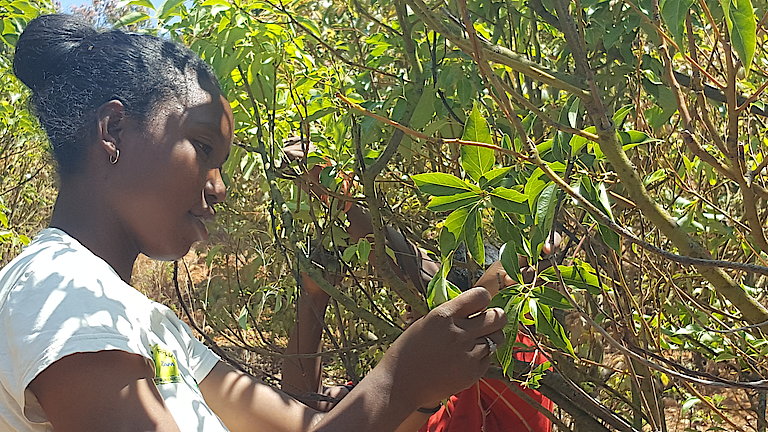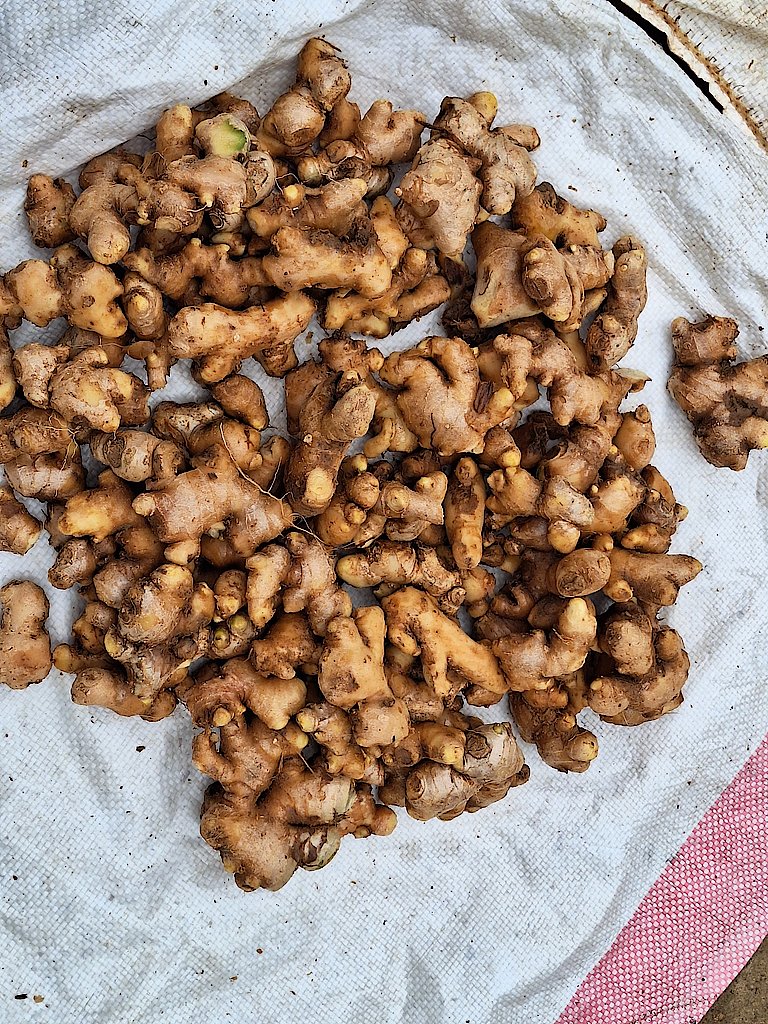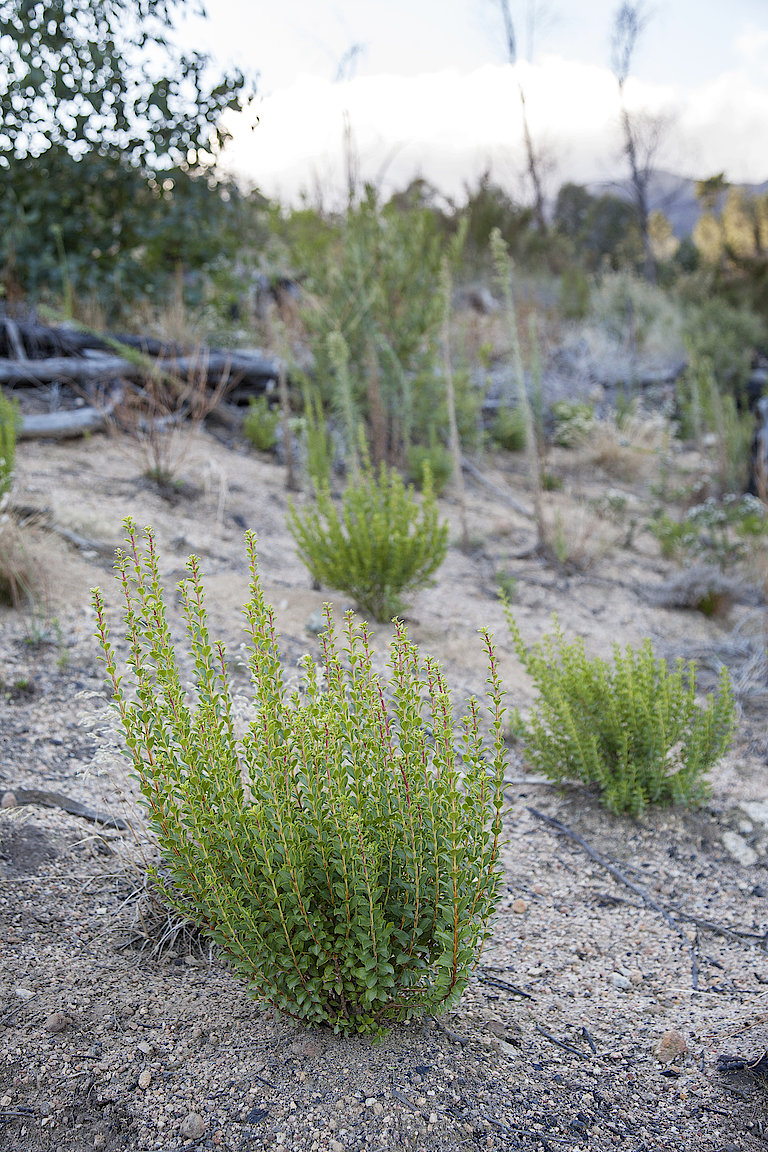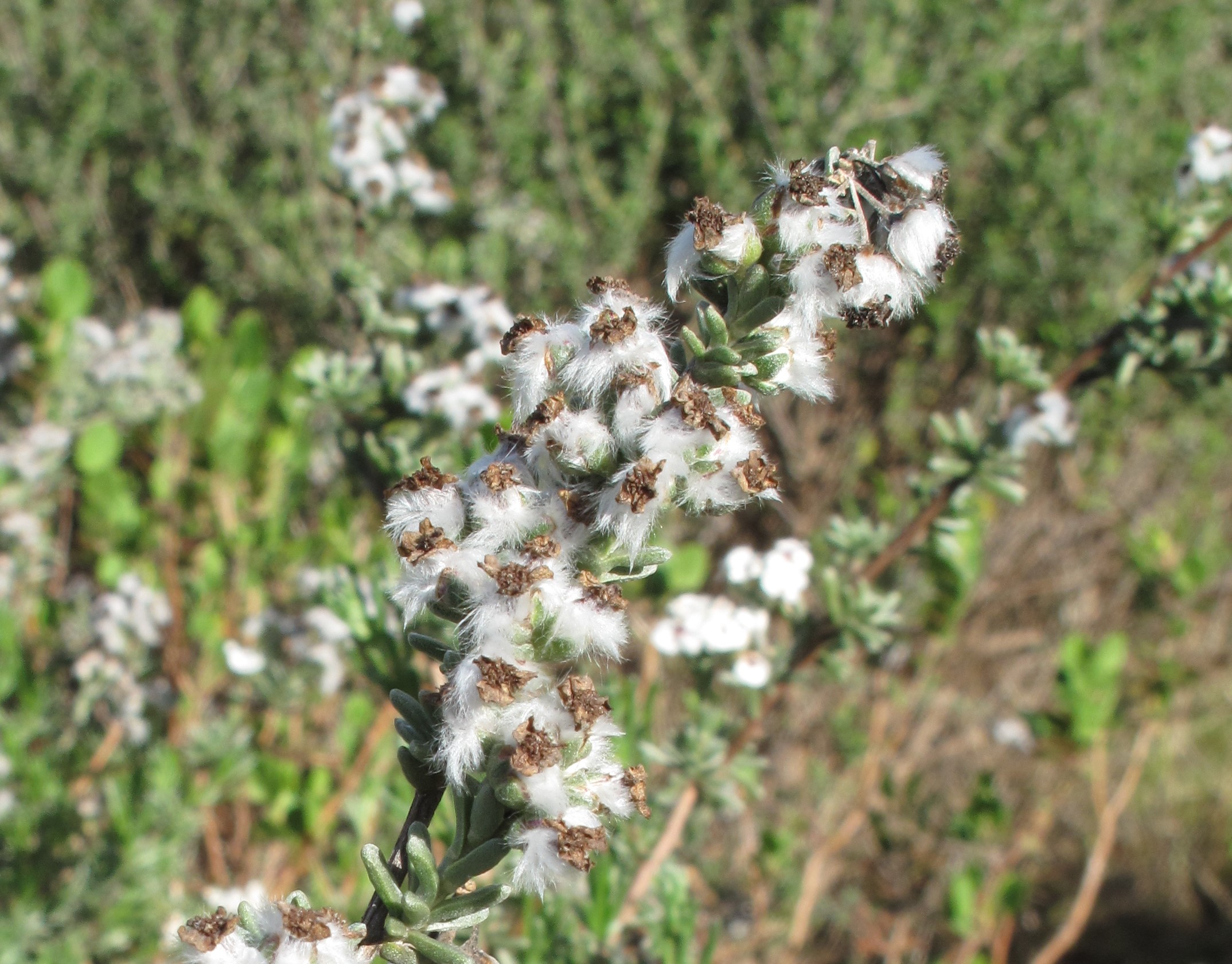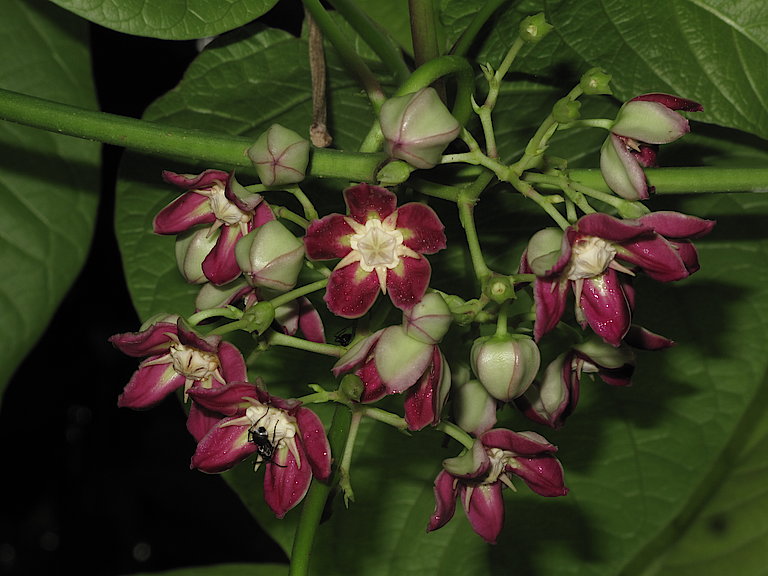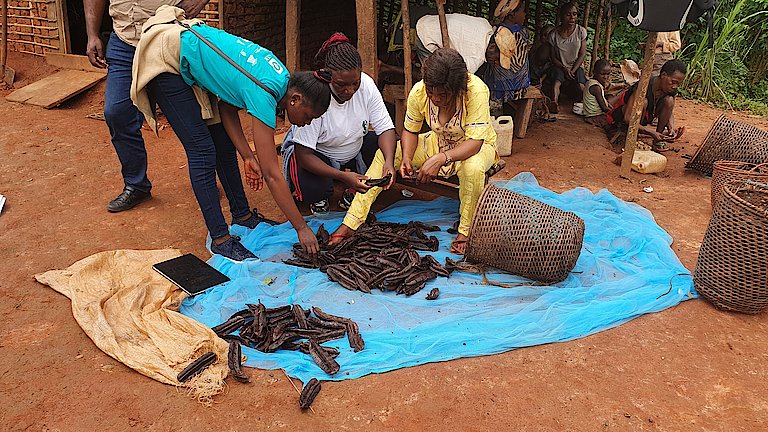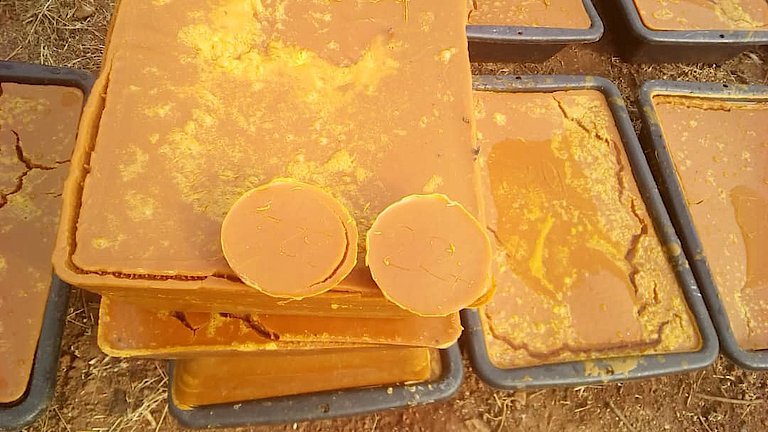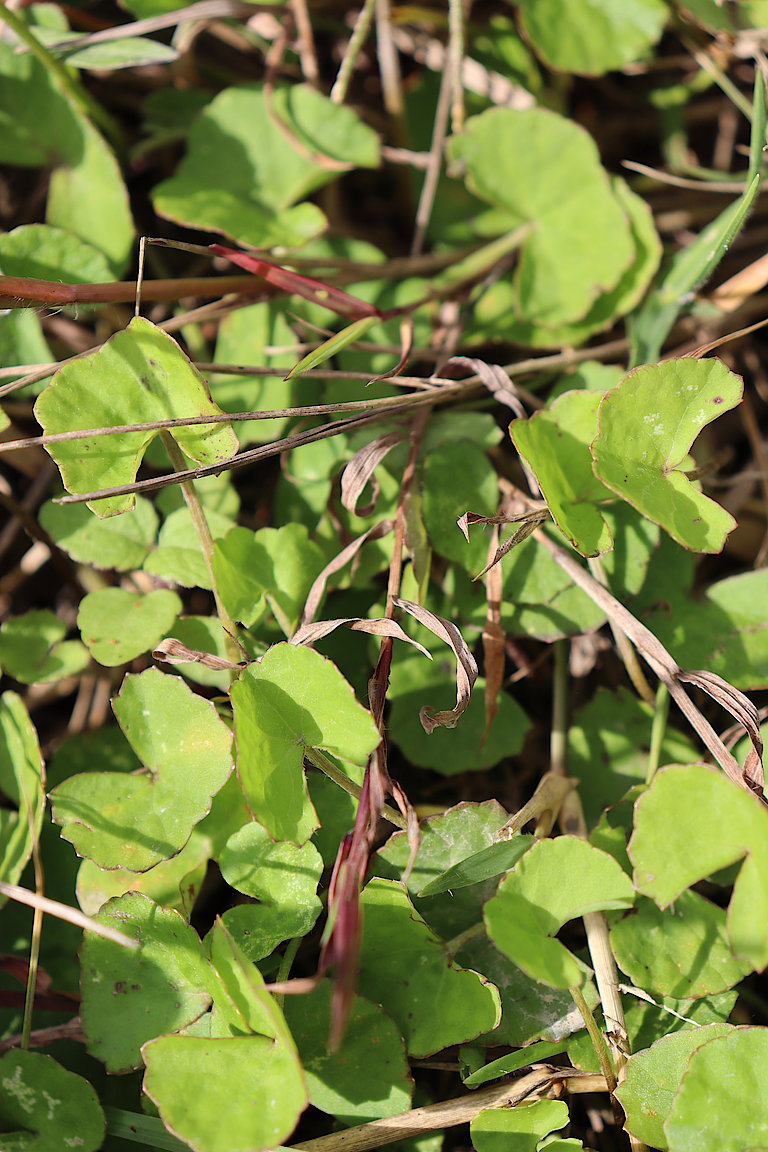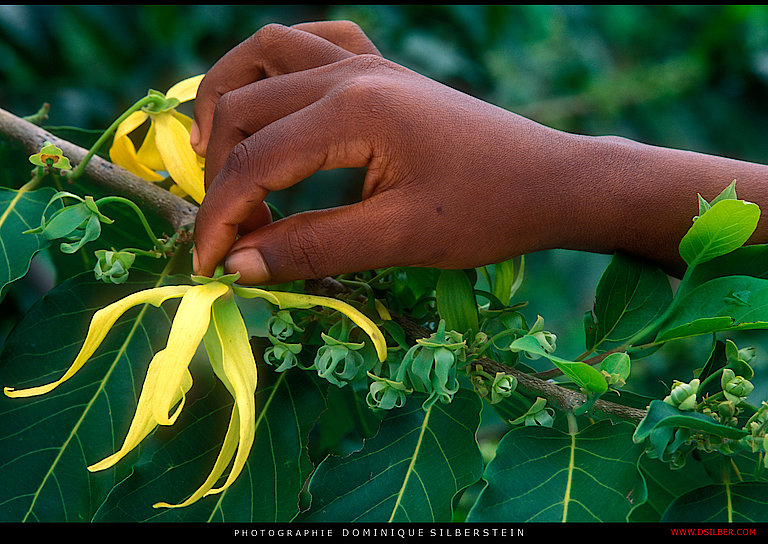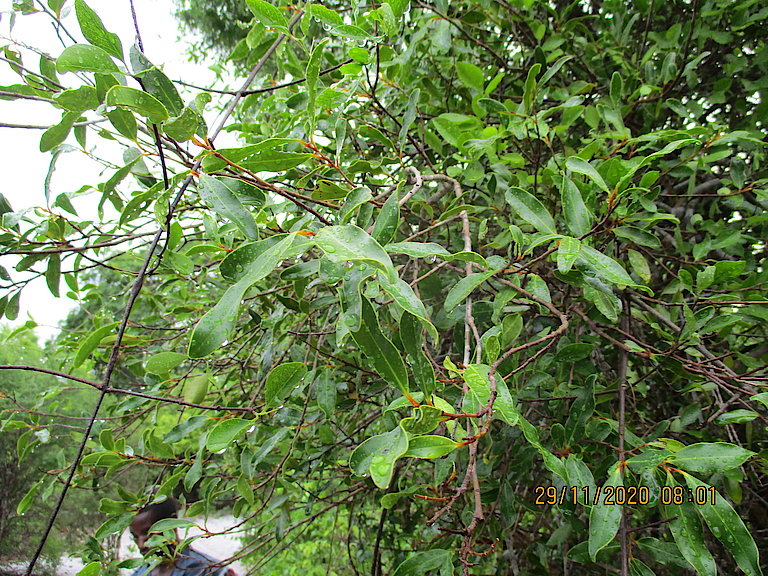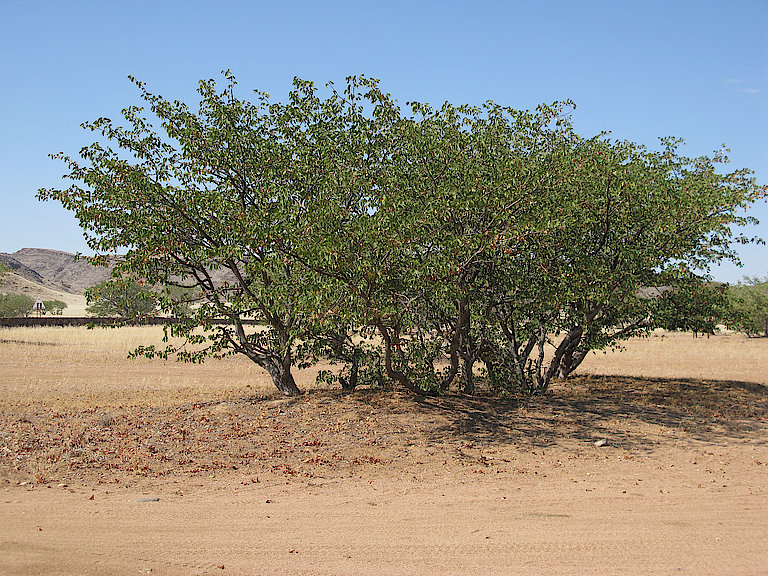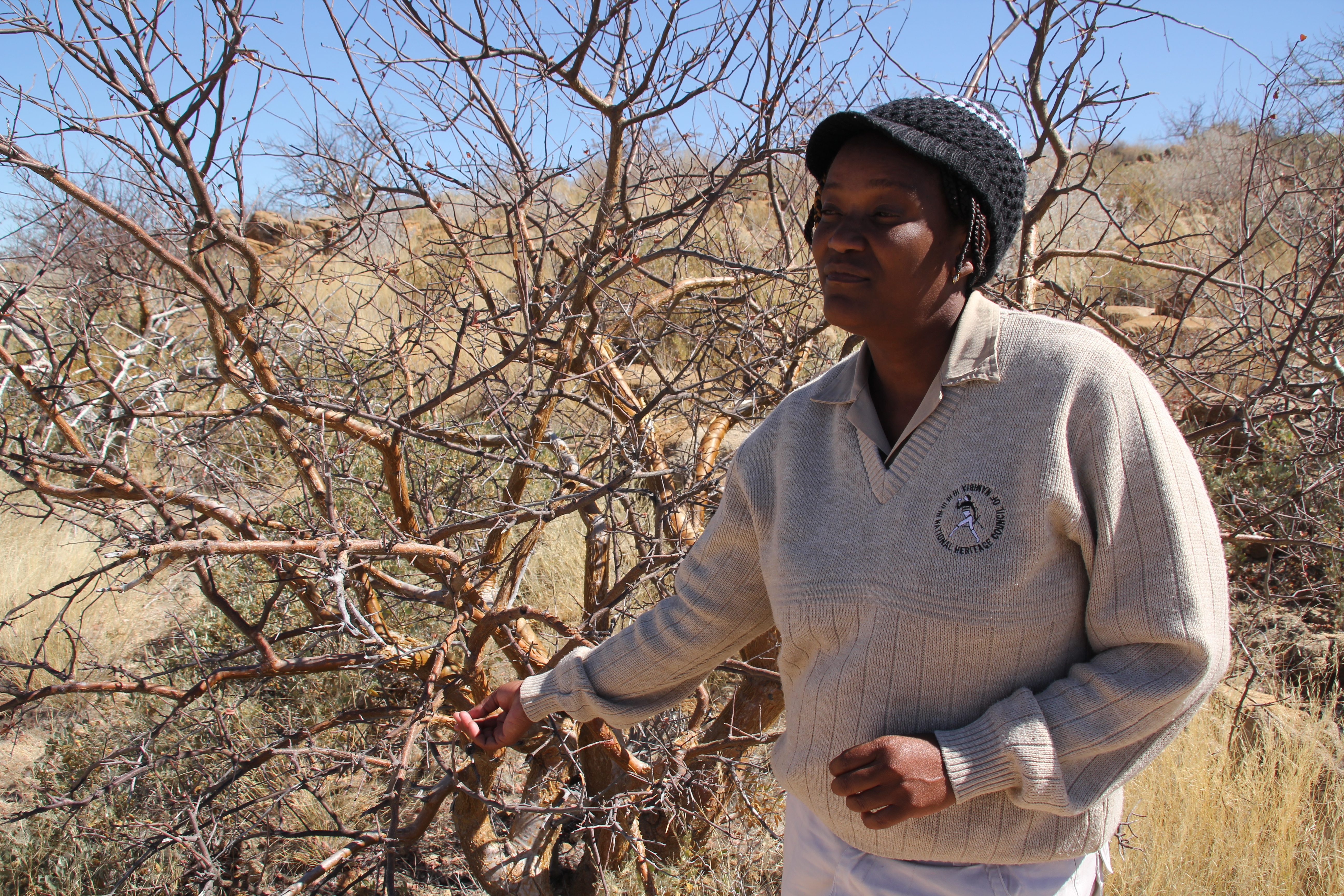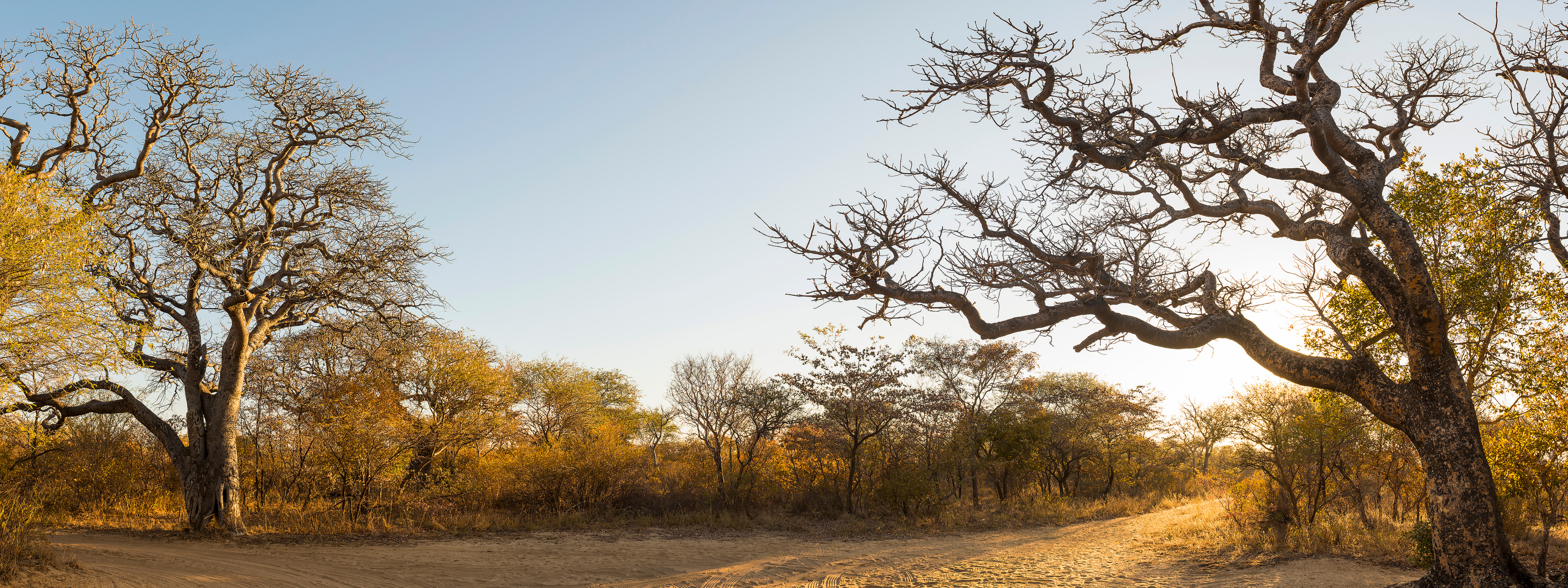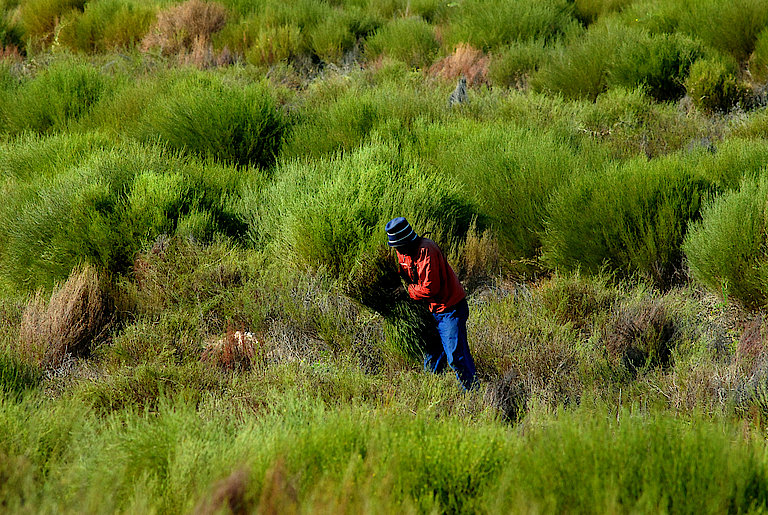About Sceletium Tortuosum
Sceletium tortuosum, commonly known as kanna or kougoed, is an indigenous low-growing succulent plant in the Aizoaceae family, found in the dry parts of South Africa’s Western, Eastern and Northern Cape provinces. It is a prominent member of the megadiverse plant communities of Southern Africa, which are renowned for their wealth in species in a small geographical area.There is a long history of Sceletium use by the first people of Southern Africa. The prepared plant material was traditionally chewed, smoked or inhaled as a snuff. Sceletium was also used for the relief of thirst and hunger, to counteract fatigue, as medicine, and for social and spiritual events.
Today, it is cherished for its mood-lifting, anxiety-reducing and cognitive function enhancing activities in a variety of dosage forms. Herbal tea blends, capsules, drops, beverages and vapes are traded in the functional food and supplement markets. Sceletium is following in the footsteps of other famous and globally appreciated indigenous biological resources such as Rooibos, Honeybush, Devil's Claw, Buchu, Marula and Baobab. In the last 20-years Sceletium has attracted a lot of scientific attention for its potential in the treatment of mild depression and anxiety. The efficacy and safety of a proprietary Sceletium extract has been clinically proven and there is significant international market interest in extracts and Sceletium containing products.
Developing the Sceletium sector
To meet growing demand and safeguard quality standards in a rapidly expanding sector, leading Sceletium companies are forming the Southern African Botanical Products Association (SABPA). The association will initially focus on sustainably growing the industry.
This will be achieved by implementing a Sceletium Sector Development Plan which aims to:
- Coordinate and organise research, cultivation trials, post-harvesting treatment etc.
- Establish a high-quality standard
- Develop standardized analytical protocols
- Foster cultivation, preferably organic, to ensure consistent quality
- Provide training, skills transfer and guidance
- Create opportunities for emerging farmers and communities to supply the industry
- Cooperate with traditional knowledge holders to ensure Nagoya Protocol compliance and take a collective approach to fair and equitable Access and Benefit Sharing (ABS)
- Gather and share market intelligence and trends
- Obtain GRAS registration in the USA
- Reduce market barriers
More information
For more information about Sceletium, contact the Southern African Botanical Products Association (SABPA):
+27-21-8733895 or +27-823750533
